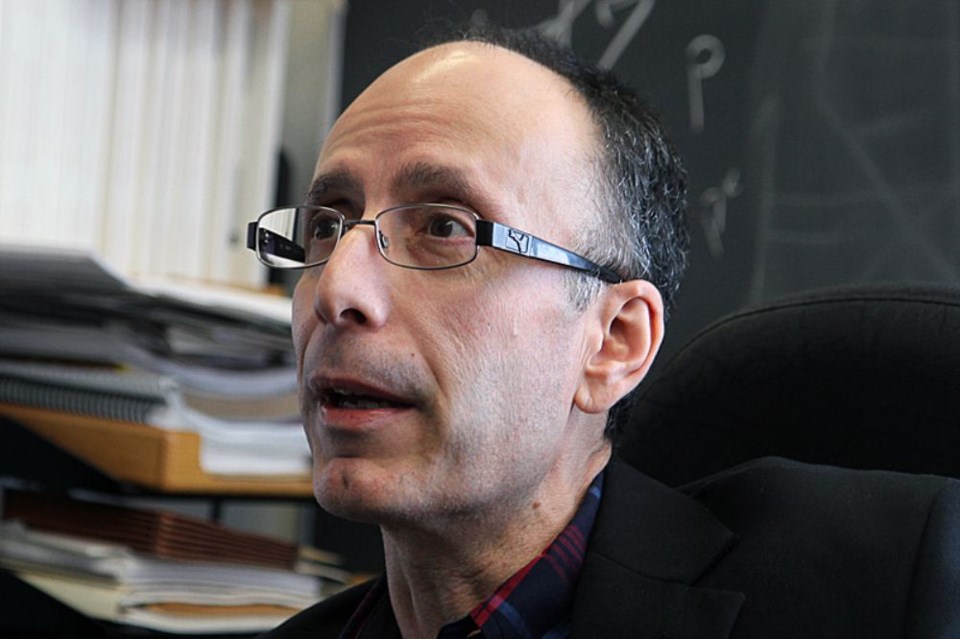THUNDER BAY - A Thunder Bay economist suggests the city is struggling to maintain its population base partly because of "tax migration."
Livio Di Matteo is a professor at Lakehead University who specializes in public policy, health economics, public finance and economic history. He is a senior fellow at the Fraser Institute, a Vancouver-based think tank that supports research into government actions and policies.
In a blog on the institute's Fraser Forum, Di Matteo notes that the Thunder Bay metropolitan area population remained stable between the census of 2011 and the census of 2016, but the population of the city fell by four-tenths of one per cent. Surrounding municipalities such as Neebing and Oliver-Paipoonge grew by more than 3% in the same period.
Di Matteo says northern Ontario cities such as Thunder Bay have weaker tax bases than cities in the south, and consequently are raising their residential taxes and sewer/water rates.
He cites the city's tax rate of about $1,720 for each $100,000 of assessment, compared with only $1,182 in Neebing Township.
Di Matteo also points out that the annual average increase in water and sewer charges in Thunder Bay between 2005 and 2015 was 9.5%.
Thunder Bay city council's budget chair, councillor-at-large Frank Pullia, said he agrees with Di Matteo's analysis. "The smaller outlying communities have lower taxes, about 30 to 40% lower, some more, some less, due to fewer services."
In an interview with tbnewswatch.com, Pullia said Thunder Bay has "a large footprint" to service, and is geographically the same size as the City of Montreal, but without the economies of scale. He added that economies of scale can only be achieved through population growth, "because a lot of the services, to be able to snowplow, to be able to go all the way to Townline Road, for policing and fire services, are already being incurred, so we need more people. We need to grow."
Pullia said Thunder Bay's economy has been "fairly resilient and diversified" in recent years, considering that 7,000 direct and indirect jobs were lost because of the downturn of the forest sector.
But the local population is aging, he said, and the city needs to start putting in place multi-pronged, "smart growth planning."
